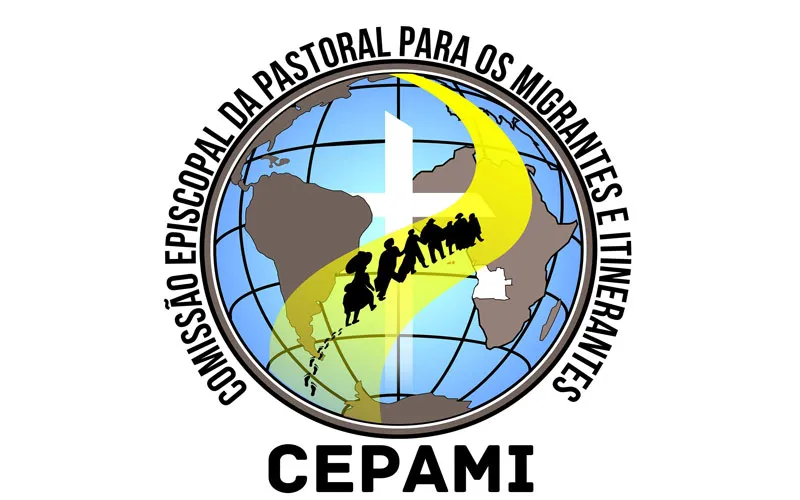Founded in 2016 by CEPAMI, the Angolan Network for the Protection of Migrants and Refugees seeks “to address the plight of people on the move in Angola and has enriched the work in the country with regards to migrants and refugees,” said Sr. Lamperti.
“This is the fifth edition of this conference, which happens every year and usually in the month of October, in the very first days of October to coincide with the celebrations of the Migrant and Refugee Week”, she added in relation to the October 5 conference that was held at the Catholic University of Angola in the country’s capital city, Luanda.
The Angolan Network for the Protection of Migrants and Refugees works in collaboration with other civil and religious organizations, namely, Caritas Angola, the Jesuit Refugee Service (JRS), the Law Research Center OMUNGA, the Episcopal Commission for Justice and Peace, Volunteers International for Development (VIS), Salesians of Don Bosco, MSCS, Divine Word Missionaries (SVD).
Others are the United Nations High Commissioner for Refugees (UNHCR), the International Organization for Migration (IOM), Radio Ecclesia and the Episcopal Commission for Social Communication of the Episcopal Conference of Angola and São Tomé (CEAST).
Among the guest speakers at the October 5 conference was Feliciano Sumba, the Migration Inspector of the Migration and Foreigners Service, an agency of the Angolan Ministry of Interior, who said that the institution “remains focused on the completion of the allocation of documentation to refugees.”
Data from the Angolan Network for the Protection of Migrants and Refugees indicates that the Southern African nation is home to more than 56,000 refugees and more than 200,000 foreigners of various nationalities.
“We have approximately 18 communities, some larger, some smaller, and the largest one is the Congolese community. Then we have the Rwandan community. We have the Liberian community. We also have the French-speaking community made up of communities from different nationalities. There are several other migrant communities, including the Nigerian community, and the Filipino community,” Sr. Lamperti told ACI Africa during the October 8 interview.
The Brazilian-born Catholic Nun said that during her missionary work of 11 years in Angola, CEPAMI has held regular meetings with migrant and refugee communities, to see how best they can be of “assistance to the communities”.
“We usually have two or three meetings a year with all the migrant and refugee leaders; together we see how best we can be of assistance… We work with all communities, but our bigger service is with the refugee community, where besides the formation that we give to them, we work with the leaders, but also with groups of women and men; they also always participate in our formation courses”, said the Executive Secretary of CEPAMI.
She added, “We have monthly training; sometimes they are biweekly – it also depends on the availability of our schedule. It's our job. It is in the human area, because for the most part, they are not Catholic, they are Muslim, they are Pentecostal. And they all ask and want our training.”








